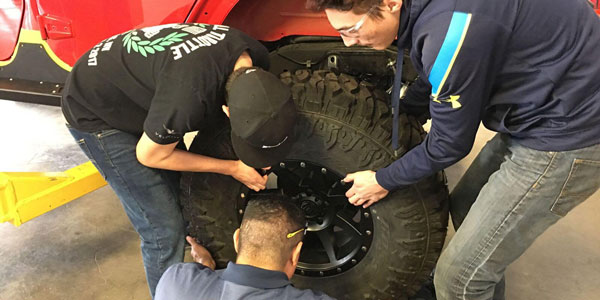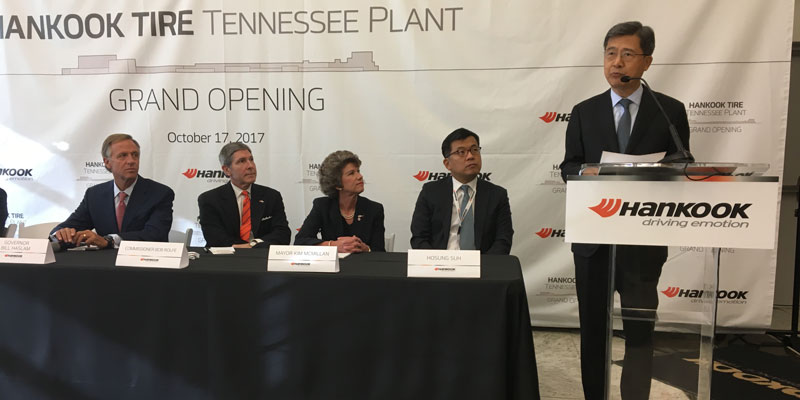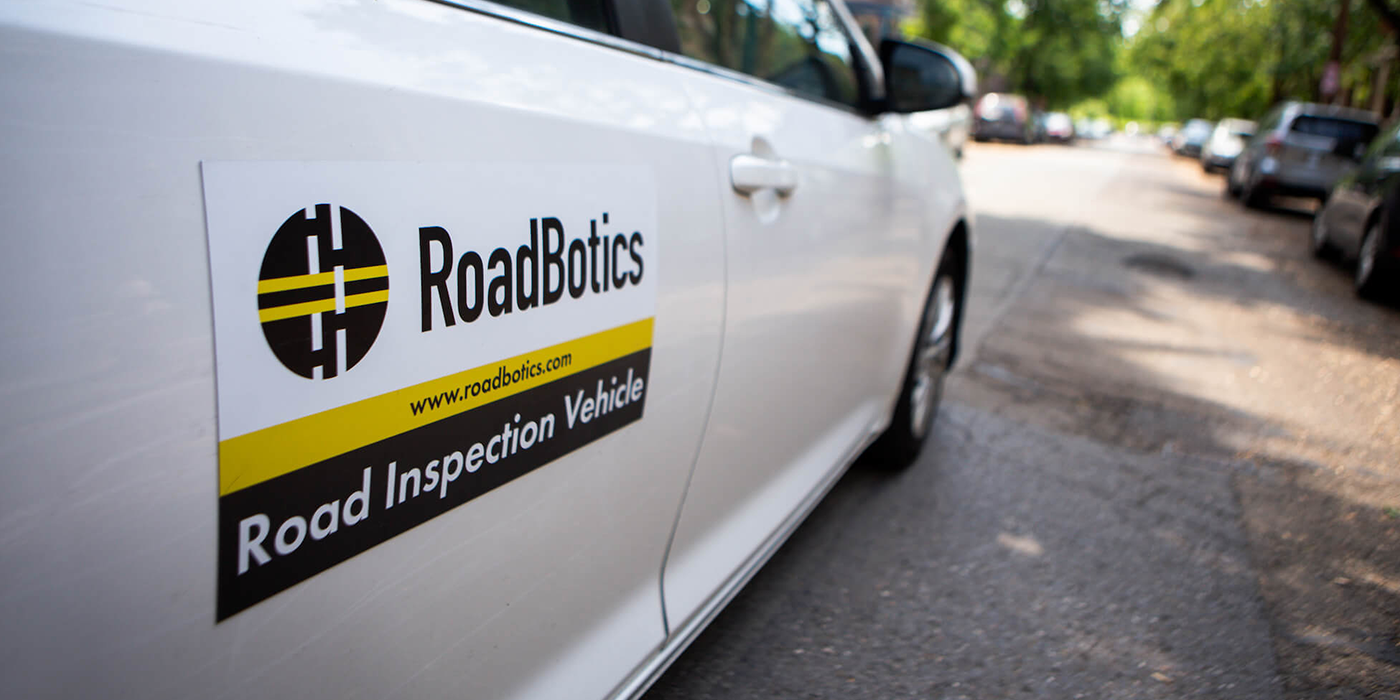The past 25 years have brought significant changes to the automotive industry. Rapidly evolving technology and changing consumer demands have virtually rewritten the script for what mobility means to today’s drivers, forcing automotive manufacturers to respond, and bringing the tire industry to a critical inflection point in its more than 100-year history. And while one thing remains constant – tires are a critical component of safe and smart mobility solutions – how they are engineered, manufactured, distributed and sold is changing to address megatrends including autonomous vehicle technology and the escalating electrification of the car parc, as well as growth in shared mobility.
These megatrends are one element of an increasingly complex industry. At the front end of the process, the tire industry is compelled to work more closely with automotive manufacturers as an integrated, solutions-focused partner to deliver advanced mobility solutions rather than components. At the same time, consumers demand more options and have higher expectations of manufacturers and retailers, forcing the industry to re-examine how it gets its products into the marketplace. With all of these factors, one thing is clear: tire manufacturers must innovate in all aspects of the business in order to succeed.
Innovation as an Imperative
Autonomous vehicle technology is the most obvious area of innovation in the automotive industry, and tires certainly will play an important role in the connected car. If TPMS represents the earliest days of smart tire technology, advances such as contact patch sensors that alert drivers to changing road conditions and integrated ride control systems that promote comfort have advanced the conversation on how tires are an integral part of a larger vehicle performance ecosystem.
Ridesharing also is redefining how consumers and manufacturers need tires to perform, driving increased demand for innovations in extended mobility, such as run-flat technology and commercially viable non-pneumatic tires. As fewer consumers invest in personal vehicles, they will expect vehicles that are part of ride-sharing fleets to get them where they need to be, when they need to be there, without interruption. Durable tire solutions that enable uninterrupted mobility will be mandatory in this environment, propelling tire manufacturers to develop technology that can deliver reduced downtime and sustained performance.
Automotive manufacturers have been working for years to develop affordable, more fuel-efficient vehicles in response to changing regulatory requirements and consumer demand. As more consumers embrace electric vehicles, tiremakers that partner with automakers to engineer tires that offer low rolling resistance, appropriate strength and reduced vehicle weight will win in this growing segment.
READ MORE: State of the Industry 2018 Report
In addition to how tires are engineered, manufacturers also must apply innovation to how those tires are manufactured and distributed. Increased demand for high-value-added tires, such as higher rim diameter products and run-flat tires, calls for more flexible manufacturing capacity. Just as important is a manufacturer’s ability to distribute the full breadth of their product offering with speed and efficiency. Increased consolidation of tire distributors combined with growing complexity in the market has led to challenges in this area. Independent dealers are grappling with limited shelf space due to SKU proliferation and higher-rim-diameter products, making it difficult for them to stock the products that their customers want and need. As a result, manufacturers are increasingly looking to collaborate to pioneer innovation in distribution. Ventures such as TireHub are designed to ensure complete lines of premium products are available when consumers want them and dealers need them.
We Must See Ourselves as Partners
While tire manufacturers are working to ensure distribution of their complete product offering to dealers, they must also understand their role in positioning dealers for success in a dynamic retail environment by using innovation to address changing consumer shopping behaviors.
The rise of e-commerce has consumers shopping online at all hours of the day and expecting immediate service and delivery via programs like Amazon Prime Now and curbside pick-up at Target and other retailers. This sets the bar for consumers’ retail and shopping expectations, and it’s a level tire dealers must work to match. Creating a seamless shopping experience that starts online and ends in-store is critical for dealers to drive sales and be successful in today’s highly competitive marketplace. Research shows consumers are spending more time than ever researching their tire purchases: first, deciding where to buy; and second, considering which tires to buy before stepping into a tire showroom. Dealers should look to partner with manufacturers that offer selling tools and programs that empower them to compete and win online.
More Than Black and Round
No doubt, tires will play a critical role in advancing innovation in the automotive industry – after all, self-driving fleets will not be possible without smart, connected, extended mobility tires. But until that day, we remain constrained by a lack of understanding among consumers about the important role tires play in driving and vehicle safety. It is on us as tire manufacturers, suppliers, dealers, sales associates and members of local communities to educate consumers about the technology and safety engineered into each tire. Price alone cannot be the only purchase consideration. We must work together to make sure tires don’t become a commoditized purchase.
Likewise, a commitment to sustainable business practices also can’t happen in a vacuum. Tire manufacturers must not only make these commitments but also walk their talk by exploring a more sustainable supply chain and accelerating efforts to identify alternative sources of natural rubber. While consumers and non-government organizations (NGOs) expect this of companies in general, automakers and retailers are beginning to hold supplier partners to stricter sustainable sourcing guidelines as well.
We Must Lean into the Future
Gone are the days of tires as just a component of an automobile. Vehicle manufacturers will hold tiremakers more accountable for developing highly engineered and innovative solutions that are fully integrated into the vehicles of tomorrow. And dealers will look to partner with tire manufacturers that can support them with the premium products and programs that their customers want while providing them with the support they need to navigate the evolving retail landscape.
It is an exciting time to be part of the tire industry. As manufacturers, we are just beginning to scratch the surface of what our industry is capable of becoming. As partners, we are the drivers of change in advanced mobility solutions.
TJ Higgins is the president of the integrated consumer tire group in the U.S. and Canada for Bridgestone Americas Tire Operations.














